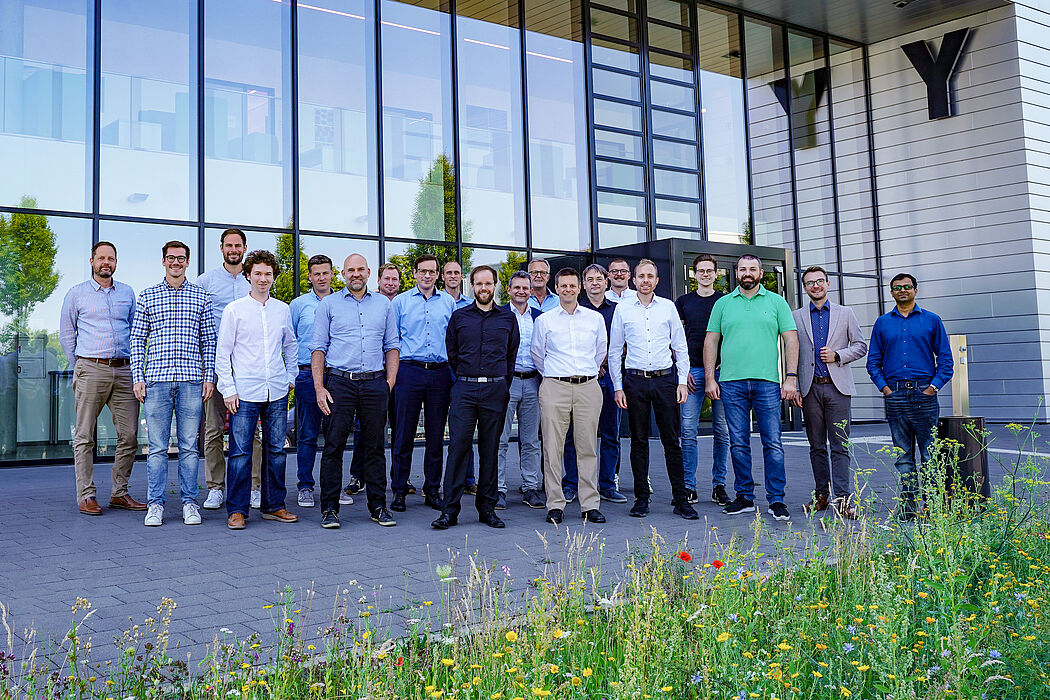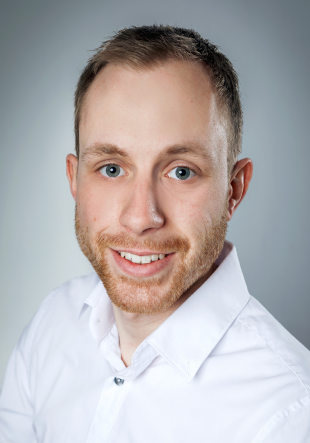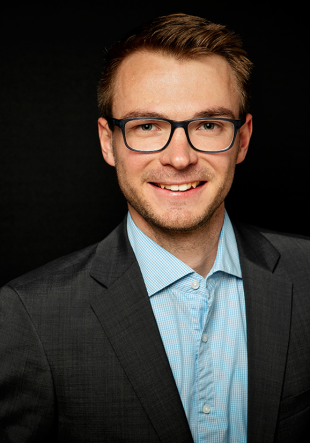Manufacturing vehicles in a more environmentally friendly and efficient way - that is the goal of a new research project led by the "Chair of Automotive Lightweight Design" (LiA) at the University of Paderborn. For this project, LiA has joined forces with scientists from the Institute of Electrical Engineering and the Software Innovation Lab at the University of Paderborn, as well as with the companies BuL Werkzeugbau, MOESCHTER Group, MORYX Industry by Phoenix Contact, Ulrich Rotte Anlagenbau und Fördertechnik, WestfalenWIND Planung, AEG Power Solutions, INTILION and Kirchhoff Automotive. In addition, the project is closely integrated into the "New Mobility Paderborn" initiative.
The partners of the project "Regenerative Energies for the Efficient Operation of Press Hardening Lines" (Re²Pli) started their work with a kick-off event in August. "Re²Pli" is being funded by the Ministry of Economic Affairs, Industry, Climate Protection and Energy of the State of North Rhine-Westphalia as part of the "progres.nrw - Innovation" initiative with around 3.5 million euros over a period of three years and is being managed by the project management organization Jülich.
High-emission production of lightweight components
Modern cars, which should be as light as possible and yet safe, consist of up to 40 percent so-called press-hardened components. The reduced weight significantly lowers CO2 emissions during vehicle operation. The manufacturing process for these components, on the other hand, is associated with high emissions. "In the industrial press hardening process, sheet metal blanks are usually heated in ovens up to 40 meters long. In order to bring these ovens to a temperature of 950 degrees Celsius, fossil fuels are usually required," explains Prof. Dr. Thomas Tröster, holder of the Chair of LiA and NeMo board member. In addition, the large furnaces often continue to be heated during a production shutdown due to long heating and cooling times.
Energy-efficient, flexible and space-saving
"Induction heating is based on electrical energy and enables the use of regeneratively generated electricity. With this method, we want to develop a significantly lower-emission process for heating steel components," says Jonathan Behm, research associate at LiA, describing the research project. Induction offers further advantages: By generating heat directly in the component, high temperatures can be reached faster and more effectively than before. "This also allows us to make the manufacturing process more space-saving and flexible," says Behm. To prove the method's suitability for series production, the project participants are setting up a holistic production line for press-hardened components with induction heating. For operational planning, they are using digital analyses and software prototypes so that optimized business models can be created for all stakeholders, including machine owners or battery storage owners.
Transferring theory into practice
Even during the development work, the results are tested in a real-world environment. To this end, "Re²Pli" is embedded in the "New Mobility Paderborn" initiative, which links research fields that were previously considered in isolation - mobility research, vehicle concepts, energy systems and digitalization. More than 70 network partners have already come together in a specially founded association. "In our analyses, we will benefit in the future from the numerous interfaces within the 'New Mobility Paderborn' initiative. If we take a holistic view of the energy, ecological and economic aspects, we will be able to take full advantage of the benefits of an induction heating line and dispel doubts about its operability and economic viability," continues Tröster.



